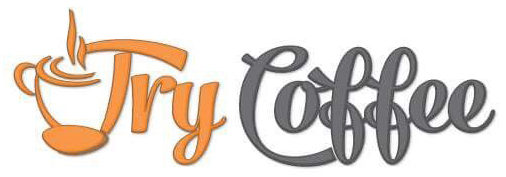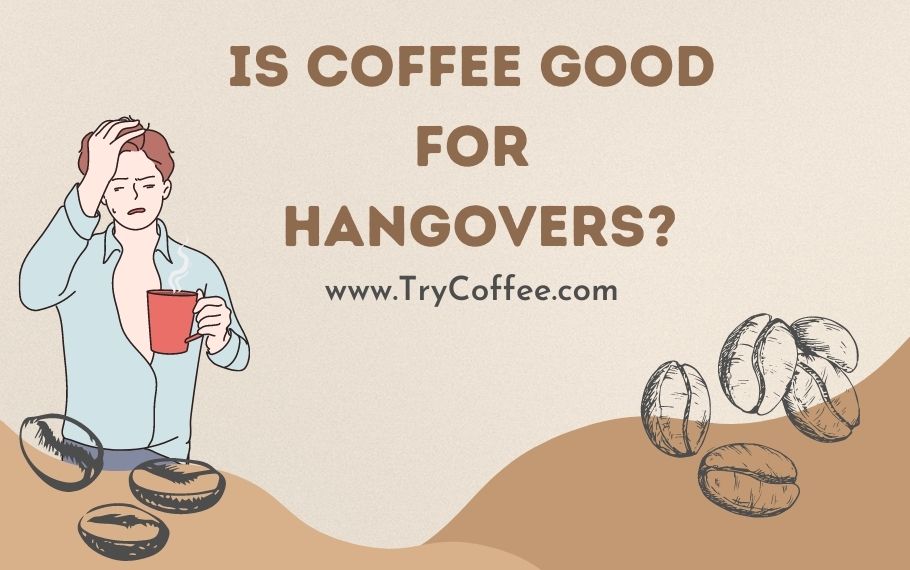Table of Contents
What is a Hangover and What Are the Symptoms?
A hangover is the unpleasant after-effects of excess alcohol consumption. This includes physical, emotional, and cognitive symptoms such as:
dehydration,
headache,
nausea,
sensitivity to light and noise,
fatigue,
stomach ache/digestion issues (i.e., diarrhea),
accelerated heart rate and elevated body temperature (feeling cold or chilly),
anxiety,
The symptoms of a hangover can be very unpleasant and, in some cases debilitating, which is why many people are eager to find ways to treat it.
Why is Coffee Good for Hangovers?
Coffee has several properties that make it one of the most useful ways to treat a hangover. The benefits of caffeine occur mainly due to its diuretic effect in addition to its ability to act as an antioxidant and anti-inflammatory.
There are many other methods that are helpful to relieve hangovers, including painkillers, electrolytes, coconut water, and even poached eggs.
But it is coffee, among all these options, which has the most supporting studies (although this does not necessarily mean it is also the most effective).
For example, one study was conducted in America. It recruited 300 participants to define what could be effective ways to reduce the severity of alcohol-related symptoms.
This found that caffeine drinks such as coffee positively reduce hangover symptoms, above and beyond the placebo effect.
Coffee is a favorite treatment for excessive alcohol consumption. But it is important to keep in mind that it is not likely to completely eliminate all symptoms.
Therefore, it may be best used as a preventative measure for a regular coffee drinker, such as having coffee before going out, instead of as an after-the-fact treatment.
It’s important to note that there may also be some drawbacks that go along with drinking too much caffeine, for example, elevated blood pressure.
Therefore, it is advisable that anyone who is struggling with their blood pressure or on any other medications should first consult their doctor.
How Does Coffee Help Treat Hangovers?
The main way that coffee helps as a hangover cure is through its diuretic effect. Caffeine acts as a vasoconstrictor. This essentially means caffeine narrows blood vessels, thus leading to a temporary reduction in blood pressure.
The increased blood flow allows for better filtration of toxins, which results in the urine being more concentrated and dark yellow to almost brown in color.
This diuretic effect is also one of the reasons why coffee is a good treatment for hangovers. In addition, because caffeine dehydrates the body, drinkers will lose some water weight during this process, which can reduce feelings of nausea or bloat.
Antioxidant & Anti-Inflammatory Properties of Coffee:
Another way that coffee cures hangovers are through its antioxidant and anti-inflammatory properties. Similar to the diuretic effect, caffeine acts as an antioxidant.
This basically means it reduces oxidative stress in the body, which can help prevent damage to important cells such as neurons (i.e., nerve cells). And it might even help to prevent cancer.
Coffee is also an anti-inflammatory, which means it reduces the intensity of any physical feelings that are associated with inflammation (e.g., pain). This can be beneficial for migraine sufferers but may not be helpful for everyone.
Thanks to its caffeine content, studies show that coffee might help reduce hangover symptoms by stimulating both the central nervous system and the immune system.
Caffeine is a psychoactive drug that can activate parts of brain activity related to perception, pleasure, mood, and cognition.
For example, it stimulates the central nervous system by binding to adenosine receptors in the brain. This can lead to improved concentration and memory skills, among other things.
Caffeine also stimulates the immune system by inducing oxidative stress. This improves T lymphocyte activity that helps fight off infection.
Are There Any Risks Associated with Drinking Coffee after a Night of Heavy Drinking?
When it comes to the risks associated with drinking coffee after a night of heavy drinking, there is no conclusive evidence that its negative effects outweigh the benefits in this specific situation.
There has also been some research that suggests that coffee might not be the most effective treatment for a hangover. And that it might work better when paired alongside other treatments such as water or sports drinks.
However, there just isn’t enough research to make any conclusive claims about this theory at this point in time.
People should also be wary of drinking too much coffee because this can lead to negative side effects, including jitteriness, nausea, headache, or pain.
Some people are also more sensitive to caffeine than others. That means they may experience some of these negative side effects even after drinking smaller doses of coffee.
This can be frustrating for some people who are only after the beneficial effects of caffeine. But it’s important to remember not to give up on a treatment method too quickly if it doesn’t work the first time.
How Much Coffee Should You Drink to Treat a Hangover, & When Is the Best Time to Drink It?
It is advisable that people drink a moderate amount of coffee to help treat their hangovers. The general threshold for a moderate amount is considered to be around 200mg of caffeine, which would equal about 2 or 3 small cups of coffee.
In order to avoid feeling nauseous, it may be best to drink this amount slowly rather than chugging it all at once.
Would Drinking Other Caffeinated Beverages be Helpful in Treating a Hangover?
Many people have reported getting better results from drinking caffeinated beverages other than coffee to treat their hangovers. Examples of other beverages that people might find helpful include soda, cola, or energy drinks.
What Are Some Other Ways to Cure a Hangover Besides Coffee?
Some alternative methods for treating hangovers that have been reported by people who suffer from them include:
-sports drinks/fluids (to replace lost electrolytes, vitamins, and minerals)
-mouthwash (for bad breath)
-ginger ale (for nausea)
-water (to rehydrate the body)
-vitamins (to replace lost vitamins, minerals, and nutrients)
With that said, one way of making a hangoverless severe is to prevent it from happening in the first place.
Some people have found that avoiding certain types of alcohol can help reduce their chances of suffering from a hangover as well as they should drink more water during and after they drink alcohol.
Eating while you’re drinking or eating a balanced diet can both help reduce the negative effects that alcohol has on your body.
Also, taking some time off from alcohol might also be helpful to reset your body and give it time to recover. The best way of preventing a hangover is by drinking responsibly and knowing your own limits.
This can help you enjoy a night out without worrying about how you’ll feel the next day.

